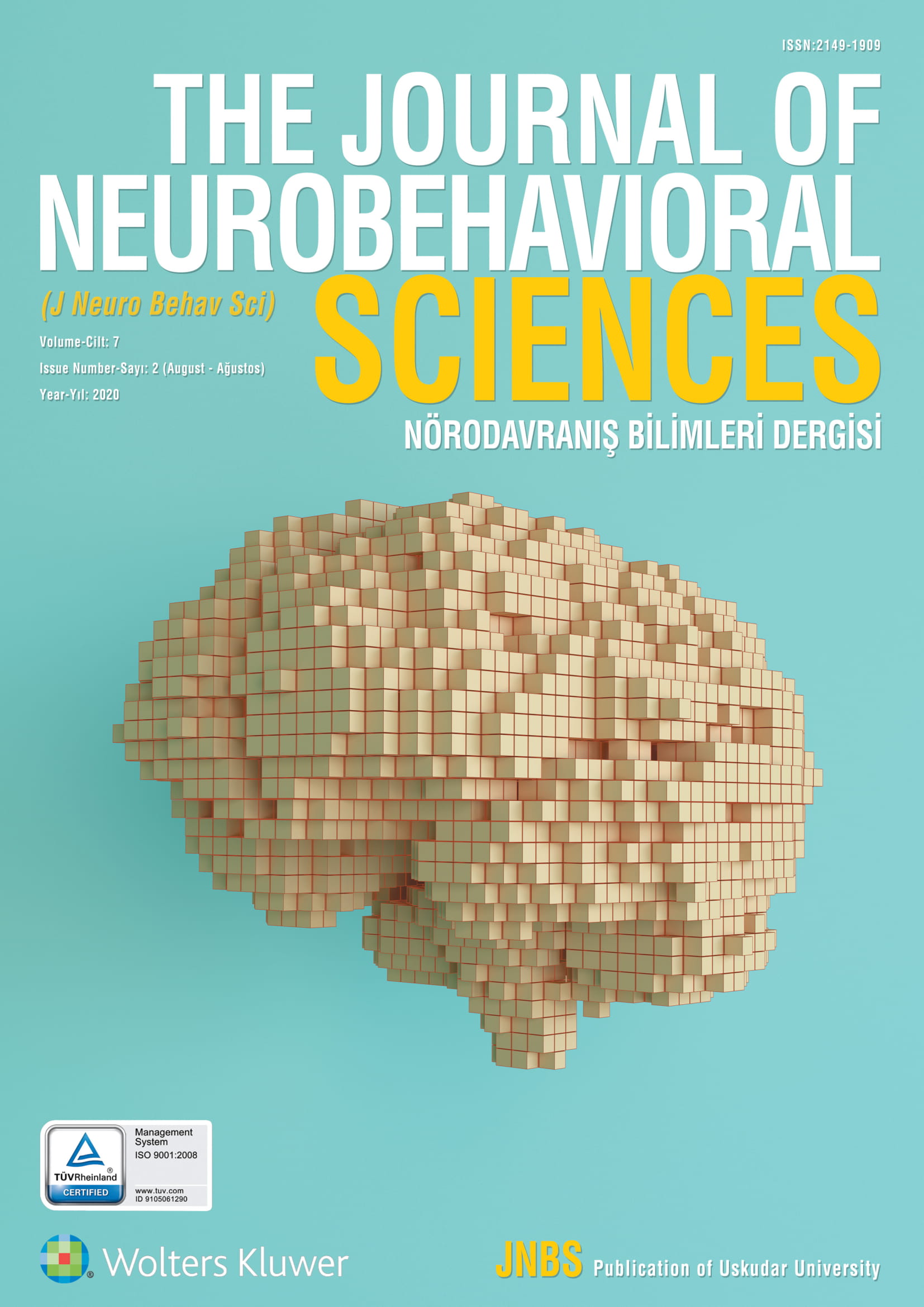
The Journal of Neurobehavioral Sciences
Yazarlar: Gizem Gürel , Belkis Atasever Arslan
Konular:-
DOI:10.5455/JNBS.1528724422
Anahtar Kelimeler:-
Özet: MS-specific disease progression and emerging symptoms are heterogeneous, it is difficult to diagnose and find treatment. The abundance of immune cells, such as products of T lymphocytes and MS patients with CNS lesions, supports the view that MS is an immunomodulatory disorder. Th17 cells appear to play an important role in the immunopathogenesis of EAE and MS. Th17 cells are a subset of cells independent of Th1 and Th2. Although the Th17 cells in steady state are important for host defense, pathogenic Th17 cells play a role in the development of many diseases. Th17 cells are known to secrete IL-17 cytokines. IL-17 secreting cells have been identified in MS and many other diseases. In addition, IL-17 levels were found to be high in cerebrospinal fluid from MS patients. Probiotic bacteria are known to be important in terms of human health and have therapeutic properties. Many studies have suggested that probiotics have the ability to inhibit proinflammatory IL-17 production and activation in Th17-related diseases.